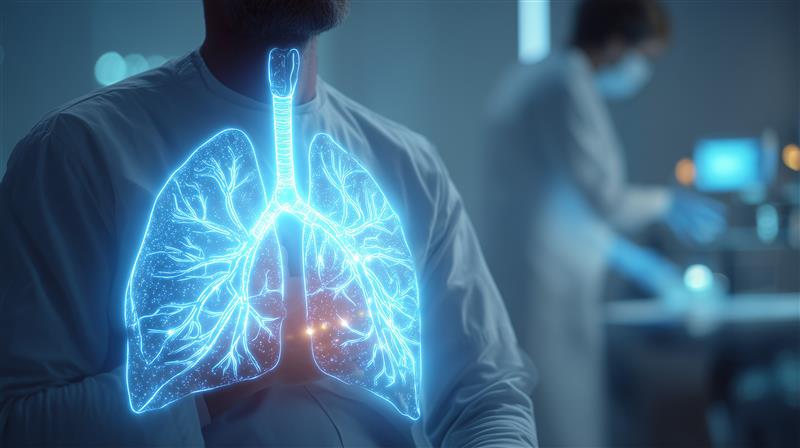What is Lung Cancer?
Lung cancer is a disease where cells in the lungs grow out of control. These cells can form a lump, called a tumor. Over time, the tumor can spread to other parts of the body. In fact, lung cancer is one of the most common cancers worldwide. According to the World Health Organization (WHO), it causes more deaths than any other cancer. Because early signs are often mild, many people do not notice symptoms until the disease has advanced. However, learning about lung cancer can help you spot warning signs sooner.
Common Symptoms of Lung Cancer
Early lung cancer may not cause any symptoms. Still, as the disease grows, you may notice changes in your health. It is important to pay attention to these signs. For example, common symptoms include:
However, these symptoms can also be caused by other conditions. If you notice any of them, it is wise to talk to your doctor.
Causes and Risk Factors
Lung cancer develops when healthy lung cells change and grow abnormally. But what causes these changes? Several risk factors increase your chances of getting lung cancer. For instance, the most common cause is smoking tobacco. In addition, other factors include:
Even if you do not smoke, you can still get lung cancer. Yet, quitting smoking and avoiding harmful exposures can lower your risk.
How Lung Cancer is Diagnosed
Doctors use several tests to find out if you have lung cancer. First, they ask about your symptoms and health history. Next, they may order imaging tests, such as a chest X-ray or a CT scan. These tests help spot any unusual growths in your lungs. If a tumor is found, your doctor may suggest a biopsy. During a biopsy, a small piece of tissue is removed and checked for cancer cells. Sometimes, other tests like sputum cytology or PET scans are used. Early diagnosis can improve your chances of successful treatment.
Treatment Options for Lung Cancer
Treatment for lung cancer depends on the type, stage, and your overall health. Your doctor will help you choose the best plan. Common treatment options include:
Sometimes, a combination of treatments is used. New treatments and clinical trials are also available in many cities and cancer centers.
Lifestyle Tips and Prevention
While not all lung cancers can be prevented, you can lower your risk by making healthy choices. For example, you can:
In addition, many local health programs offer support for quitting smoking and screening for lung cancer.
When to See a Doctor
If you have a cough that lasts more than a few weeks, or if you notice any of the symptoms listed above, it is important to see a healthcare professional. Early detection can make a big difference. Even if you feel healthy, regular check-ups are wise if you have risk factors for lung cancer. Remember, only a doctor can provide a proper diagnosis and guide you to the right treatment.
In summary, lung cancer is a serious disease, but early action can save lives. If you have concerns about your lung health, consult our Oncologist at Madhavanji Hospital for personalized advice and support.

